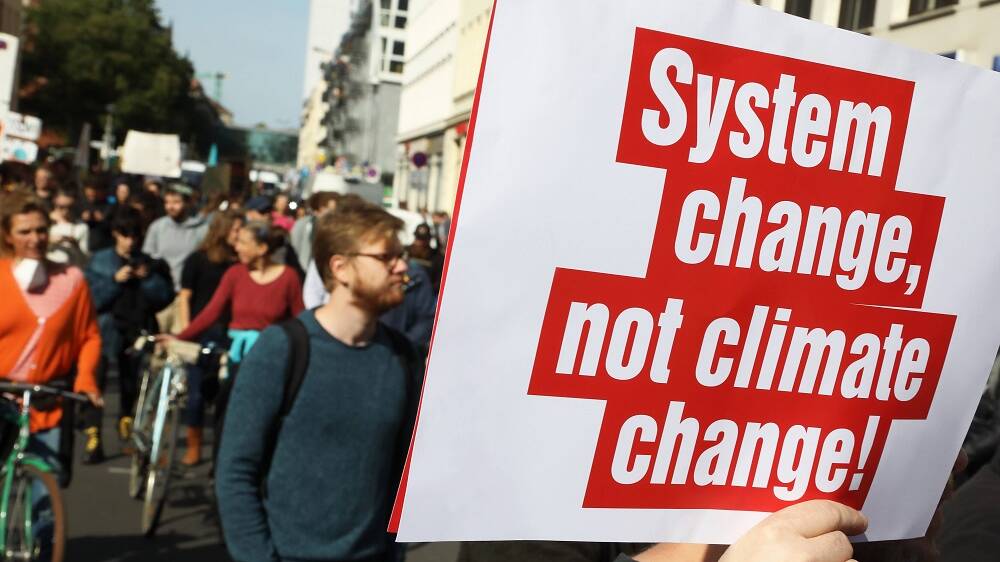Climate Justice

The rise in global mean temperatures is no mere environmental issue, but rather one of the overriding ethical and political challenges of our time. The dramatically escalating climate crisis and accompanying extreme weather events threaten the livelihoods of millions. They lead to more poverty, greater marginalization, more refugees, and consequently to more conflicts over vital resources and rising nationalism.
More than anything, the climate crisis constitutes a massive justice problem. The parts of the world least responsible for climate change suffer from its consequences the most, while those who contribute most to climate change are far better positioned to protect themselves against its effects.
One thing is clear: our economy and society must change fundamentally in order to advance the kind of socio-ecological transformation we so badly need. In order to effectively slow down the climate crisis, Western modes of consumption must change in such a way that the main contributors to the climate crisis bear the brunt of its effects.
In order to achieve climate justice in a climate of global injustice, much needs to happen at all levels to overcome the neo-colonial structures underlying the crisis. At the international level, this means working within the framework of international climate negotiations and other forums. Nationally, in the struggle for ambitious climate targets and effective climate protection instruments. Regionally and locally, in the struggle for new forms of economic activity and coexistence and the just implementation of climate protection measures.
Many of the Rosa Luxemburg Foundation’s regional offices contribute to climate justice with their projects and deal with different aspects of socio-ecological transformation.
Contact:
| Role | Details |
|---|---|
| Director, International Climate Justice Programme | David Williams Email: david.williams@rosalux.org |